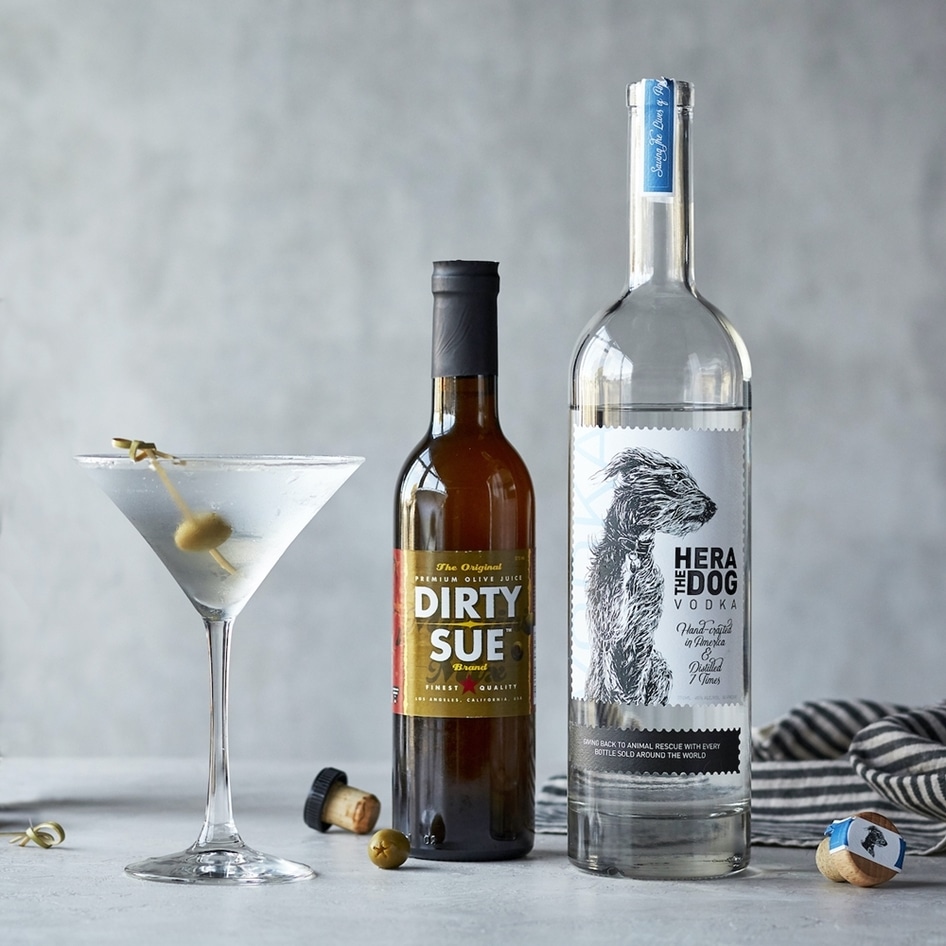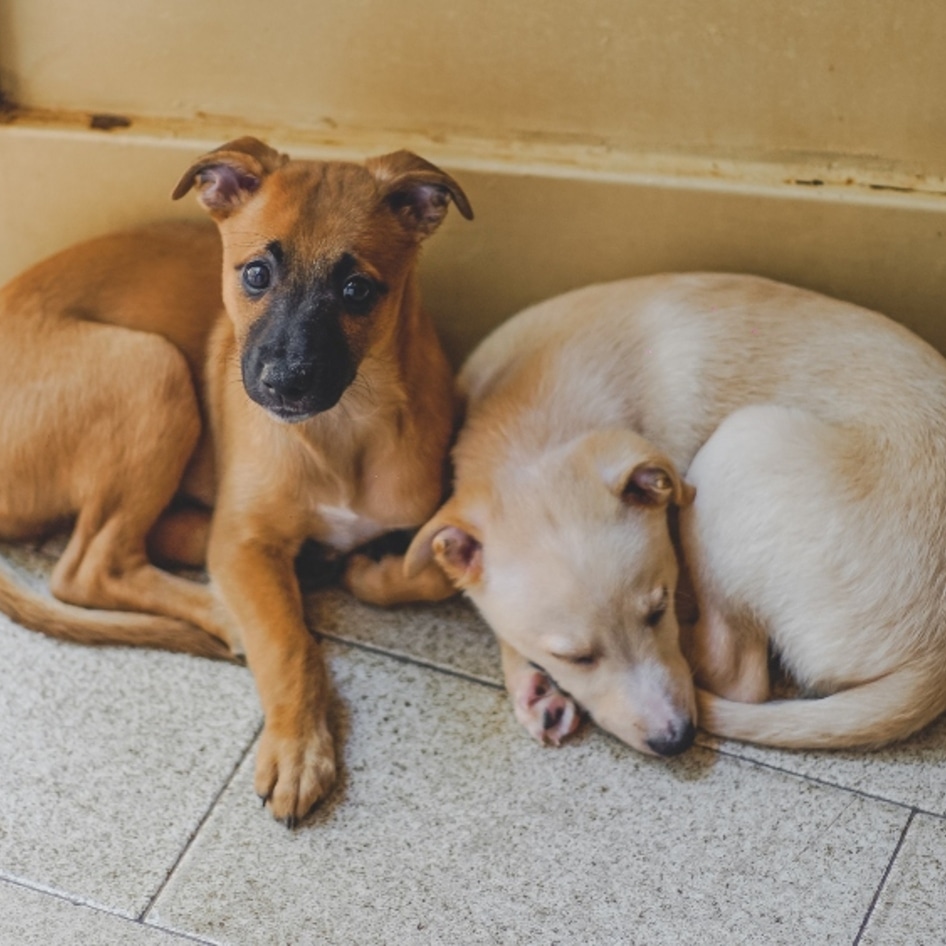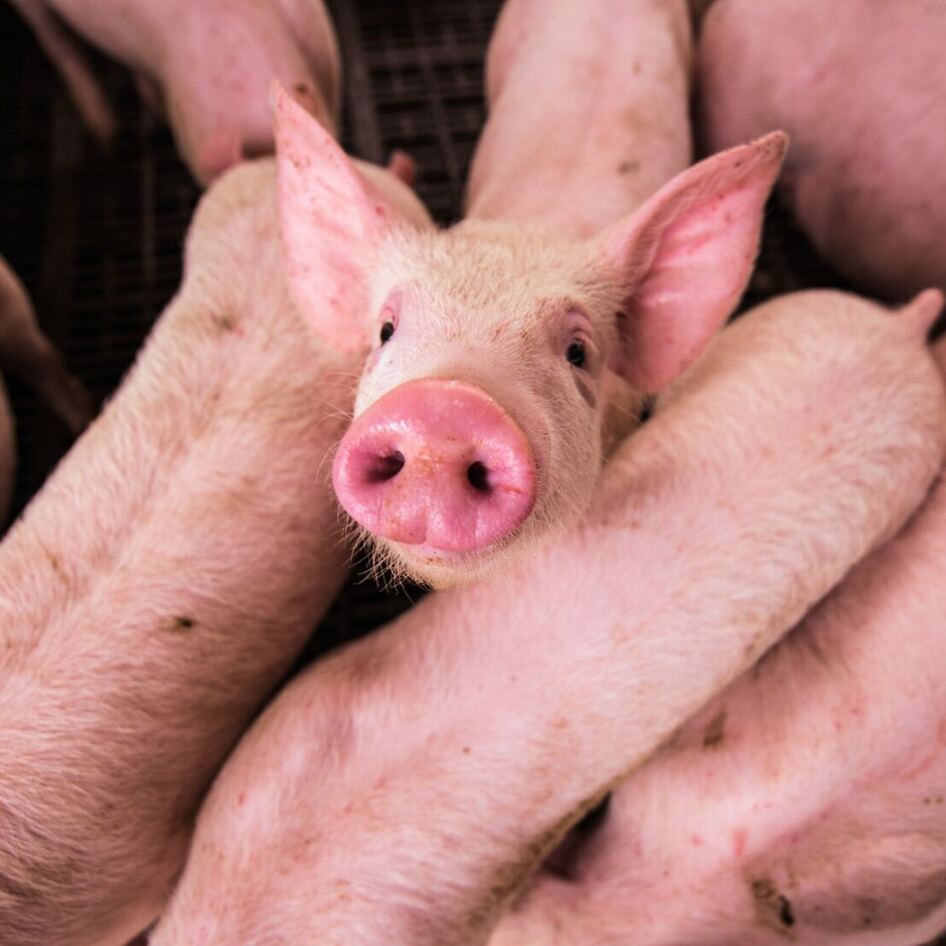How to Help Those Devastated by the BP Oil Spill
Eager to help wildlife suffering in the Gulf Coast? VN investigates how others are making a difference for the animals.
July 19, 2010
On July 15, BP announced that its Deepwater Horizon drilling rig off the Gulf of Mexico had been capped, marking the first significant, successful step to ending one of the largest oil spills ever recorded. The US government estimates that more than 180 million gallons of oil has seeped into the Gulf since the rig exploded on April 20, and the environmental effects of the 85-day disaster remain largely unknown. Fallout from the oil spill has ranged from horror over the haphazard, inept solutions posed by BP to bigger conversations about dependence on oil. Much like the terrifying aftermath of Hurricane Katrina, without precedent to guide relief efforts, effective solutions were slow-coming.
With the leak capped, environmental groups are rallying to organize clean-up efforts, and politicians continue to file negligence complaints against BP, yet relief for the spill is far from finished. Animal activists across the country are echoing a compassionate reminder to all those who think the worst is over: The time for swift, decisive action for animals is now. In addition to birds, fish, sea turtles, and local marine and coastal wildlife, a mass of companion animals have been abandoned by displaced Louisiana families, and even with animal-protection groups and thousands of volunteers working tirelessly to cut through red tape and save animals, more help is needed.
Kelly Overton, founder and executive director of People Protecting Animas & Their Habitats (PATH), arrived in the Gulf almost immediately after news of the spill broke. Formerly a New York-based organization, the group relocated its headquarters to New Orleans in May. Overton should have been the ideal candidate for BP’s clean-up team to recruit, but that wasn’t the case. “Who is a good volunteer for BP? Is it someone who knows how to do this, or is it someone who is right down the middle and isn’t going to ask any questions?” says Overton.
However, for the time being, the PATH crusader isn’t wasting energy on debating the politics of Big Oil, but rather focusing on how to most effectively aid animals. The group estimates that close to 55,000 animals have already died, but thanks to steadfast and compassionate volunteers, many others have been rescued. Currently, PATH is collecting and distributing simple but life-saving supplies such as heating pads, plastic feeding syringes, water picks, extension cords, and plastic bins, as well as food for a South Louisiana food bank feeding displaced locals. For PATH, the connection between helping save animals, people, and the environment is essential and symbiotic. “I think we just want to make sure that every vulnerable creature that is hurt by this, if they still have a chance to survive or be saved, that we can do that for them,” says Overton.
In addition to PATH’s unflagging work, relief efforts and volunteers are pouring in from local, national, and global groups. While many coastal wildlife shelters have completely shifted gears to dedicate time, energy, and money towards aiding local animals, national groups such as People for the Ethical Treatment of Animals (PETA) and worldwide organizations such as International Bird Rescue Research Center (IBRRC) are working to rescue and defend animals. Like PATH, volunteers from IBRRC were on the scene within weeks of the spill, saving seabirds caught in the muck and mire. While animal-protection groups are saving lives every day, representatives from PETA are pursuing legal action against BP. In June, the group approached government officials to open a criminal investigation against BP, declaring that the oil company acted recklessly at the cost of animal suffering and death, which is a misdemeanor punishable by up to six months in jail in Louisiana.
As hard-working volunteers help save local wildlife, companion animal shelters such as the Louisiana Society for the Prevention of Cruelty to Animals and Animal Rescue of New Orleans are asking people across the country to not forget about the other group of suffering animals: companion animals abandoned by families forced from their homes. Many people living on the Gulf Coast have been financially devastated by the spill, and dogs and cats are ending up in overcrowded shelters as a result. The St. Bernard Parish rescue service had 127 dogs surrendered in June, in comparison to 17 surrendered in June 2009. Local shelters are seeking volunteers to sponsor, foster, or adopt displaced animals, as many are already at capacity.
Photo courtesy of IBRRC
JUMP TO ... Latest News | Recipes | Guides | Health | Shop







